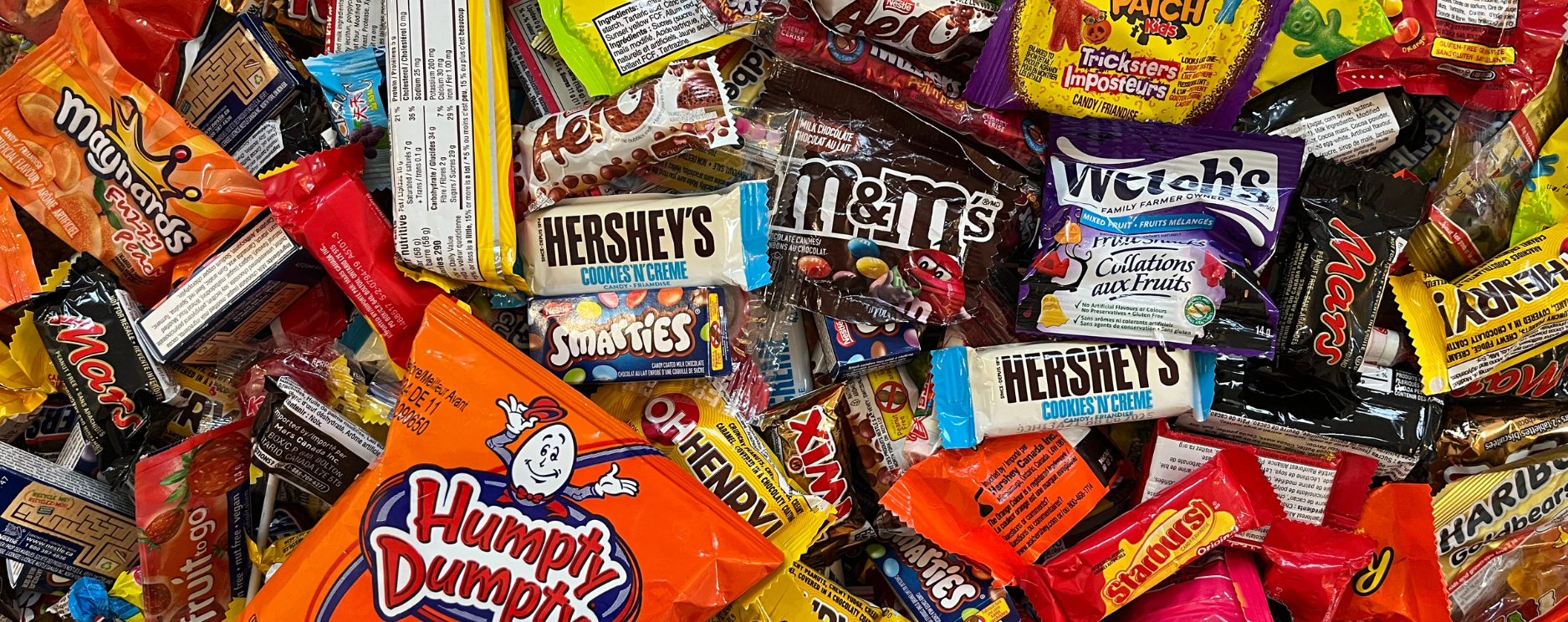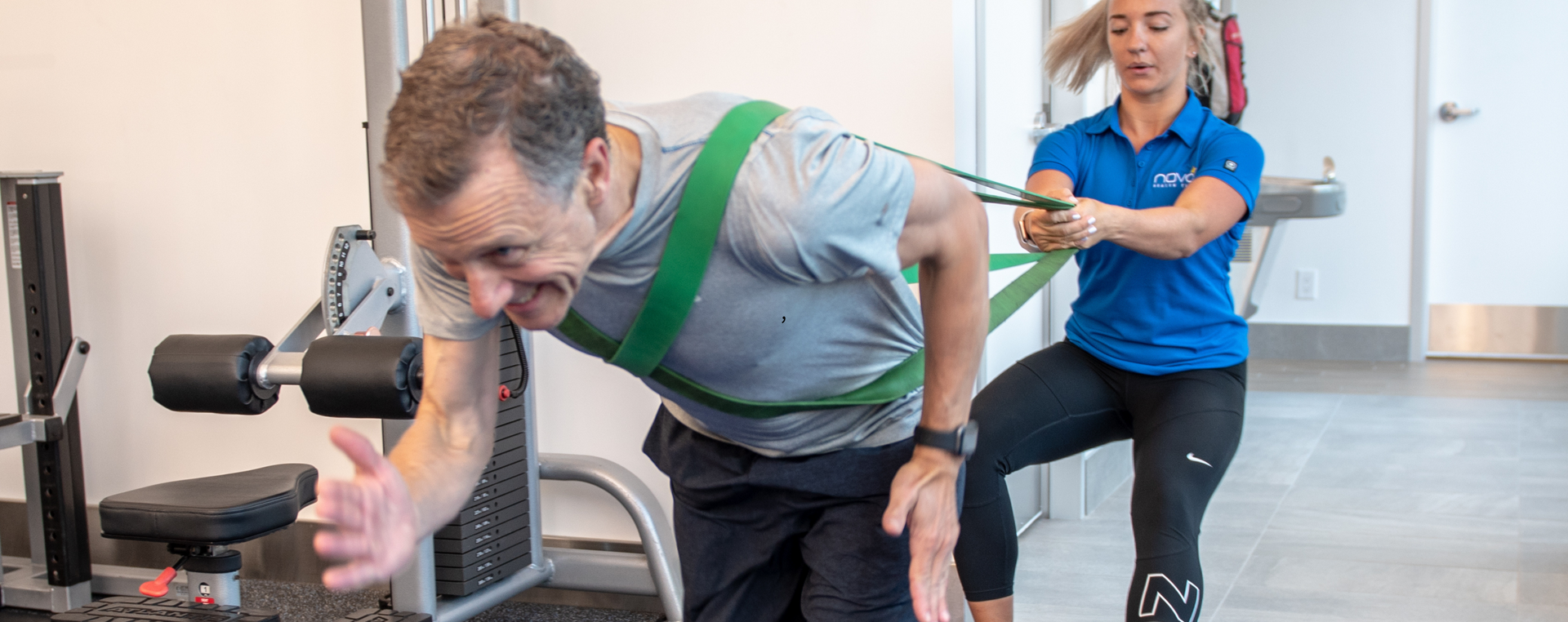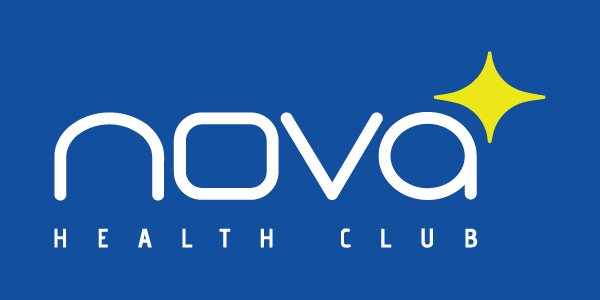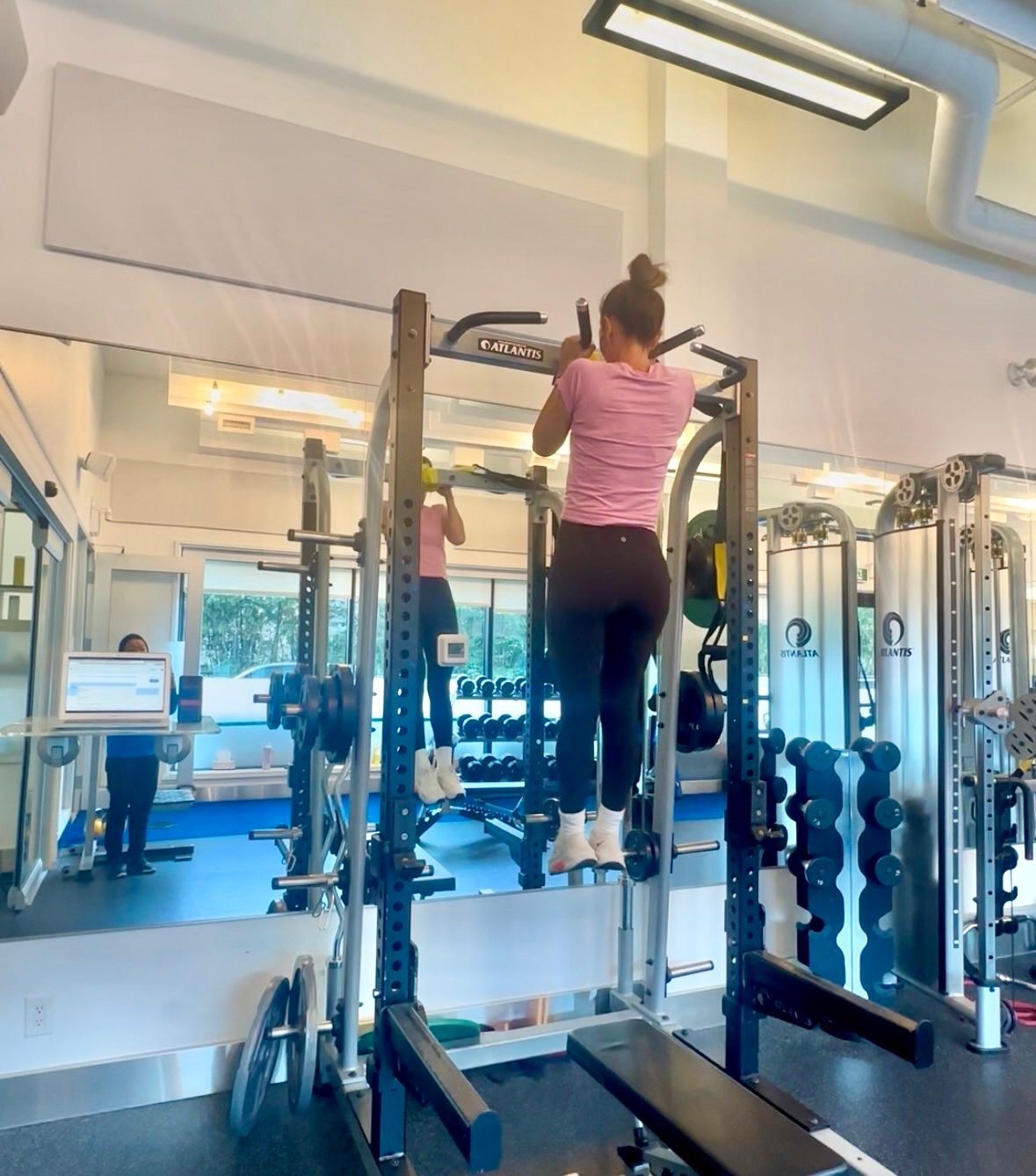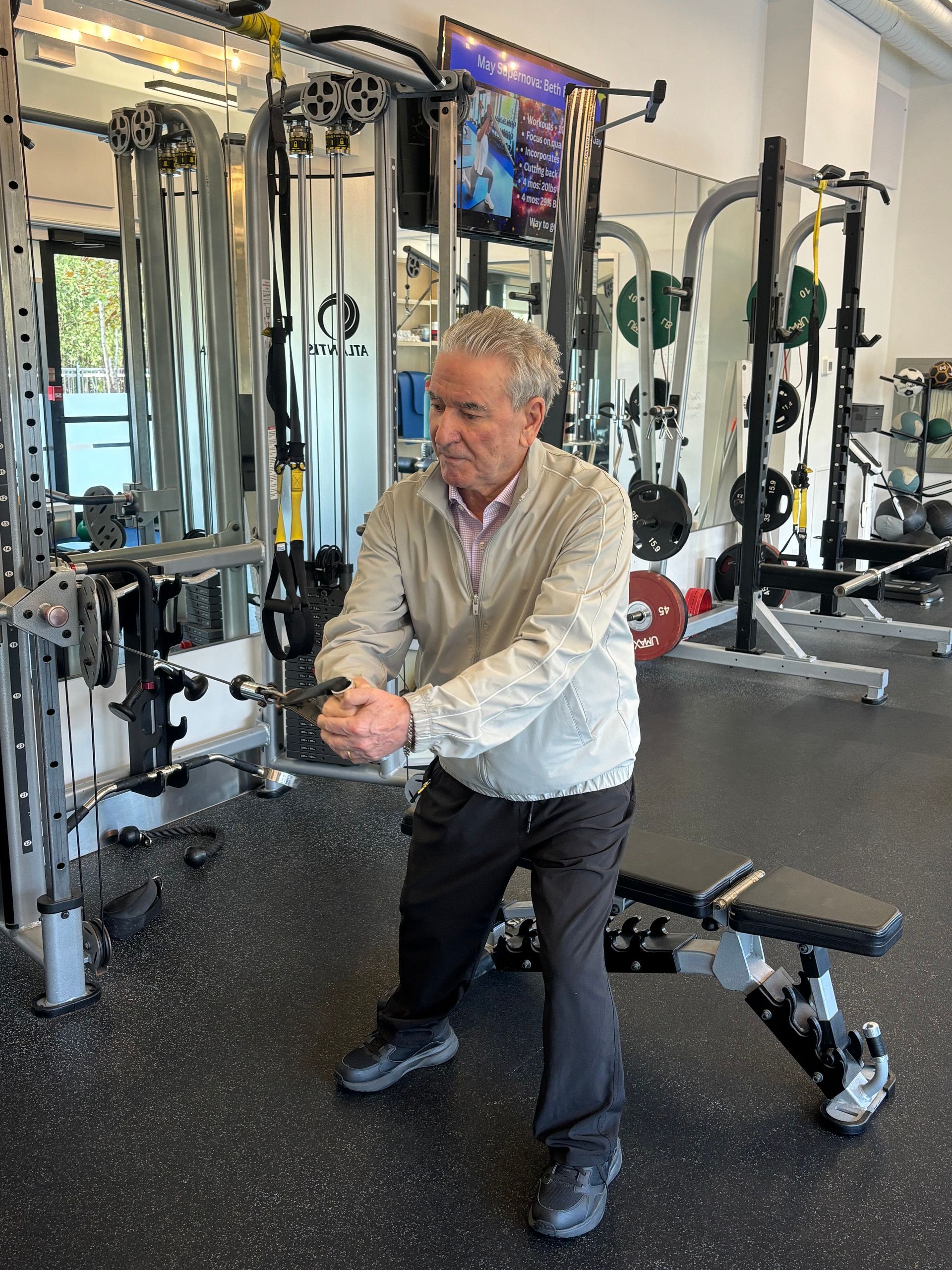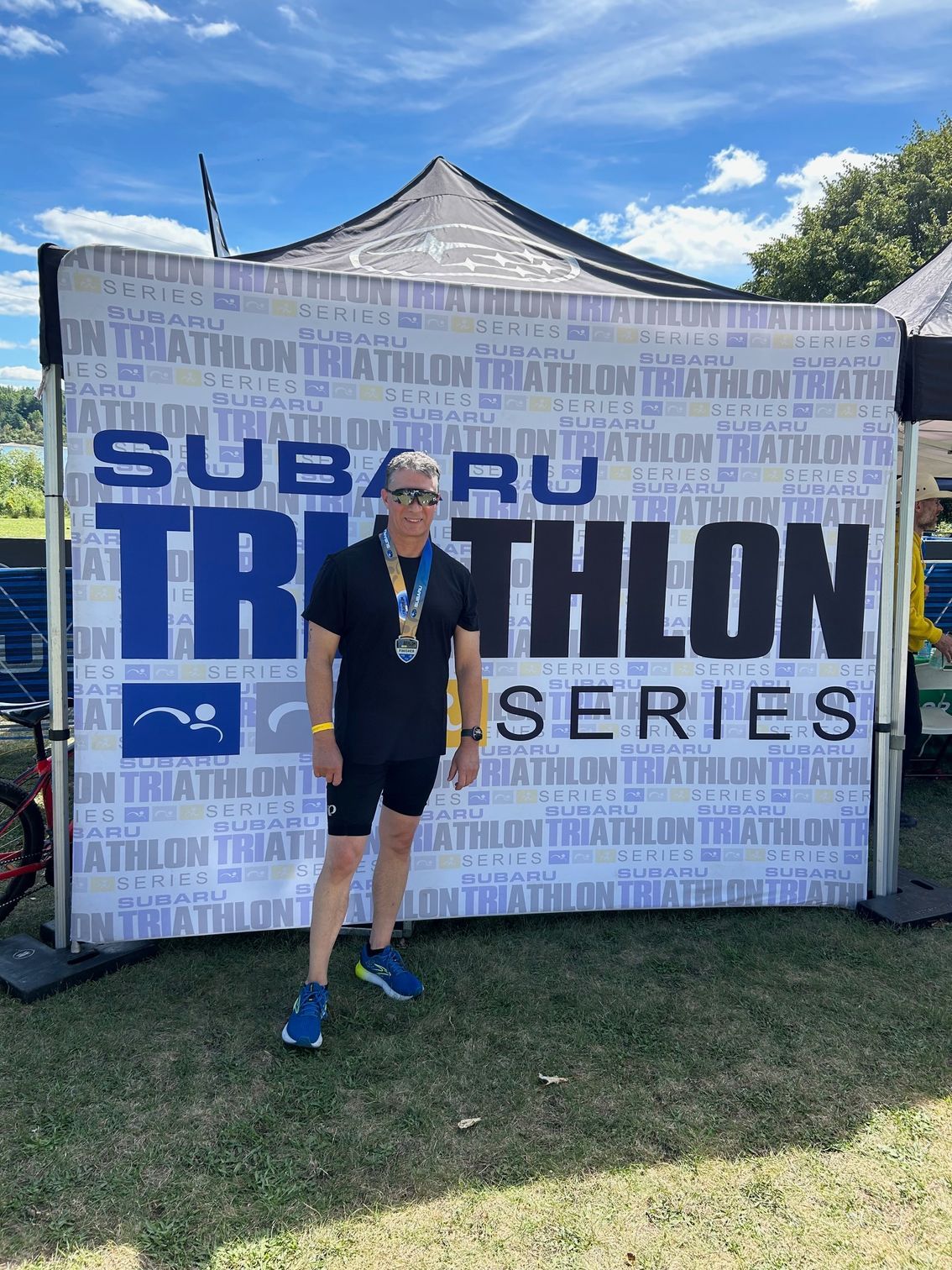Refueling with Carbohydrates: Part 1 - Amount
Carbohydrates as Energy During Exercise
Every minute of every day our body is using carbohydrates for energy. Whether you’re brushing your teeth, sleeping, or working out, carbohydrates are fueling you. These carbohydrates come in the form of stored glycogen found in the liver and muscles. Over the course of the day, especially if it’s a day where you’re exercising, this glycogen gets used up. In order to recover adequately from exercise and build muscle, we need to replenish this fuel! But what should we use to replenish our carbohydrate stores, and when should we do it? Also, how much should we eat to adequately replenish our energy stores? In Part 1 of Refueling with Carbohydrates, we’ll find out how many carbohydrates we need to keep our bodies thriving.
There are many factors that can cause your daily carbohydrate intake to vary greatly. Do you digest carbohydrates well, or do they bother your gut? Do you do a lot of endurance training? Do you even
like carbohydrates? In order to give you a good picture of what real-life carbohydrate intake can look like, let’s use two case studies of different trainees:
Low Carbohydrate Diet
Dominic is a 220lb trainee who is trying to lose some body fat. He is doing this by eating less calories than he is using up on a daily basis. In addition, he is eating a ketogenic, or fat-based diet. Dominic is eating 2500 calories a day, but only 50g of carbohydrates (or 200 calories worth). He has about 1 cup of cooked brown rice with dinner, and no other carbohydrates during the day. Dominic eats 200g of protein per day (800 calories) and his remaining 1500 calories come from fats. This is an example of a very low-carb, or ketogenic, diet that is being used for weight loss, and because Dominic prefers eating fats to carbohydrates.
High Carbohydrate Diet
Maria is a 150lb trainee who is training for a 5k run. She runs 3-4 times a week. She is not trying to gain or lose any weight. Maria normally eats 2000 calories a day, but because she is training a lot she is currently eating 2300 calories to maintain her body weight. Maria needs a lot of carbs, because this is what the body likes to use for energy during moderate exertion (like running). She also grew up eating lots of pasta and bread, and digests carbs very well. She eats a cup of oats for breakfast (55g carbs), three baked sweet potatoes for lunch (124g carbs) and two cups of cooked pasta for dinner (86g carbs). In total, Maria eats 265g of carbohydrates (1060 calories worth) every day. Maria also eats 130g of protein (520 calories) and 80g of fats (720 calories). This is an example of a high-carb diet being used to maintain body weight and support recovery from frequent running training.
As you can see, your body composition goals, training goals and eating preferences all play a big role in how many carbohydrates you eat. There is no one size fits all number! If you need help understanding how many carbohydrates you should be eating every day, or learning more about how to fuel your body to work at 100%, connect with us and let’s chat about what is the best nutrition plan for you.

